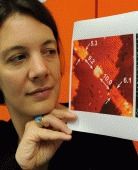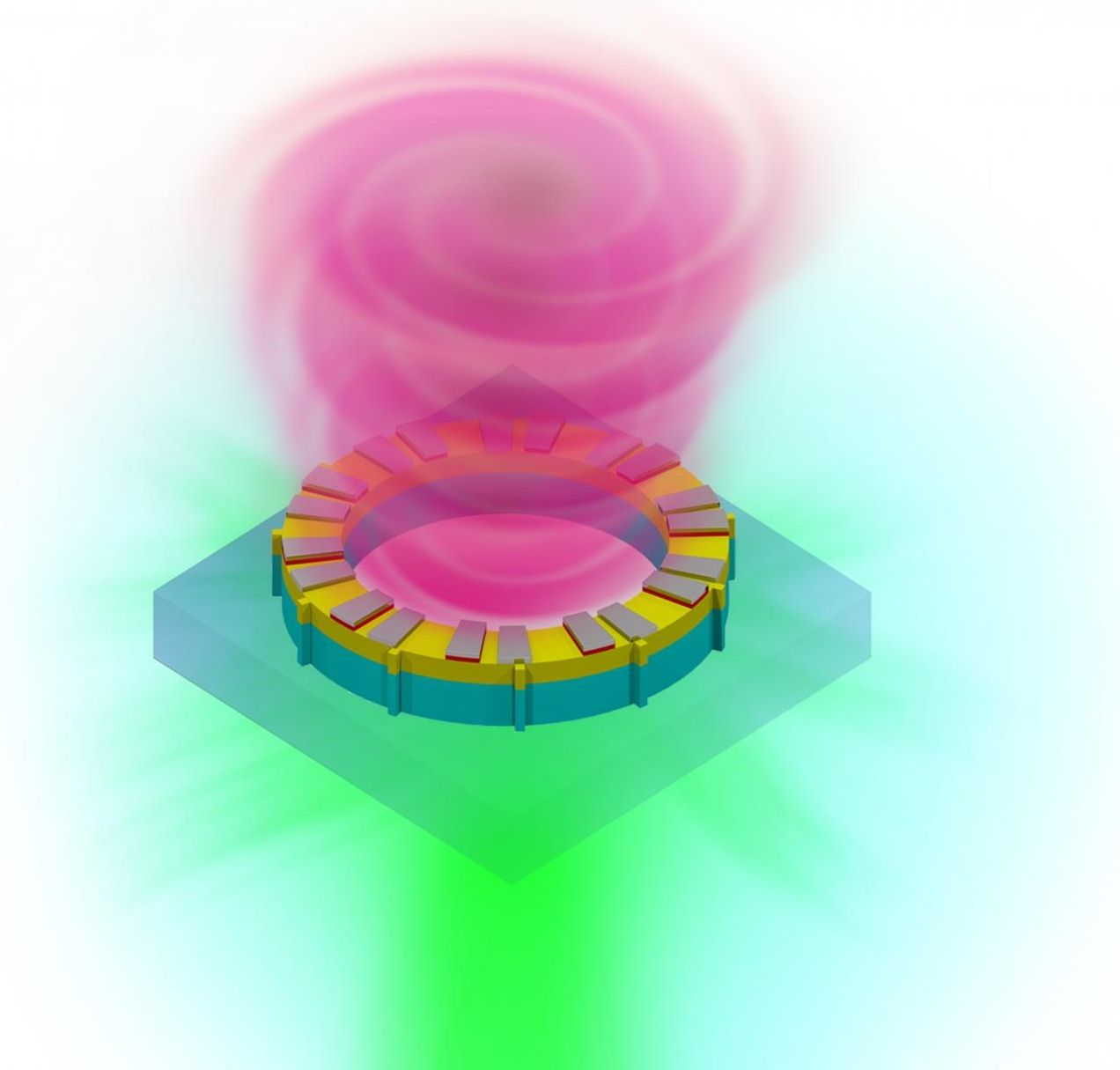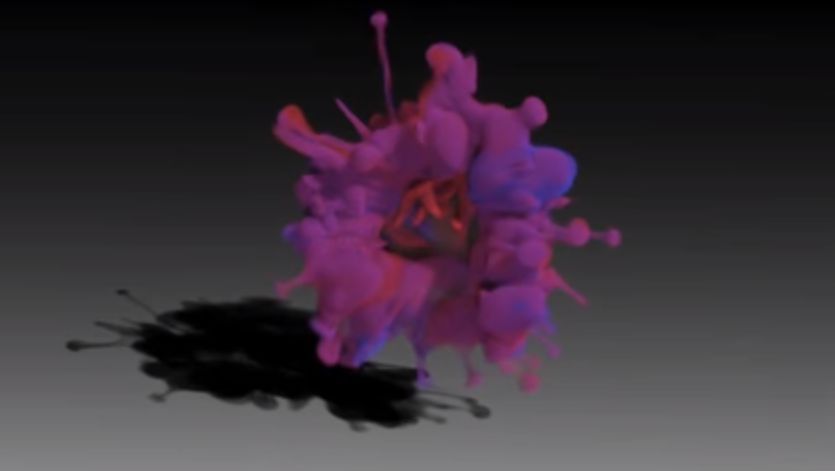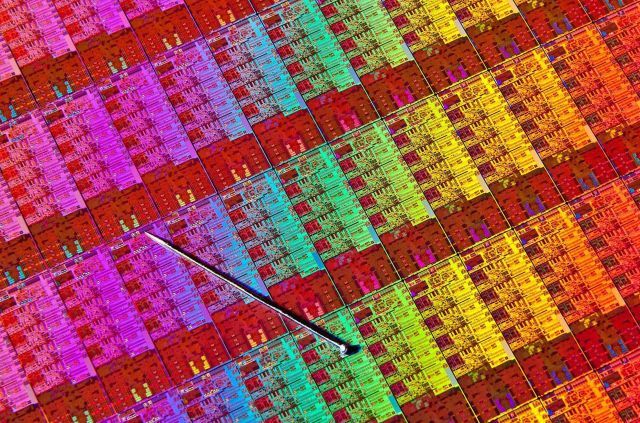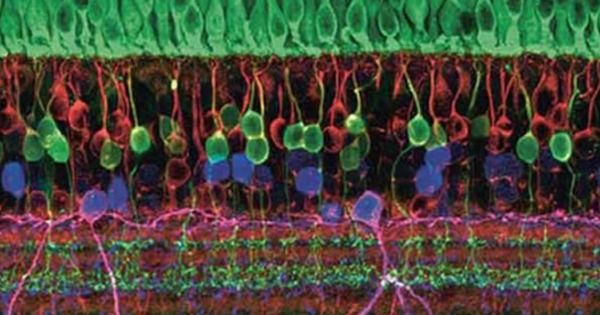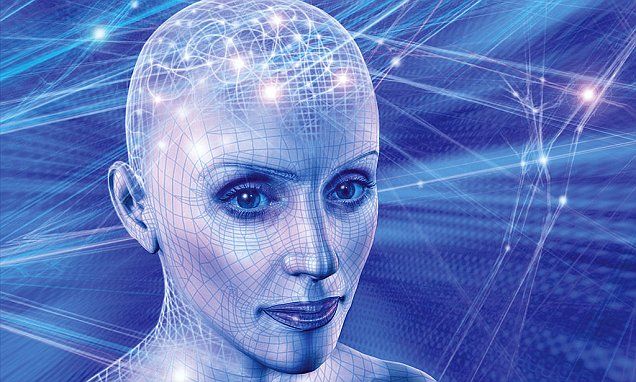Jul 29, 2016
Scientia Professor Michelle Yvonne Simmons
Posted by Karen Hurst in categories: computing, quantum physics
Professor Michelle Simmons of the Univ. of Sydney is an early pioneer of QC and will go down in history as the 1st Mother of Quantum Computing and a person that all (women and men) can look up to and be a true role model for many in tech and science. I hope to continue to make young girls and women everywhere to learn about her and hopefully they (like me) will consider her a role model to follow.
Fields of research: Quantum Physics, Condensed Matter Physics Campus: Kensington Tags: Expanding Knowledge in the Information and Computing Sciences, Expanding Knowledge in the Physical Sciences.
